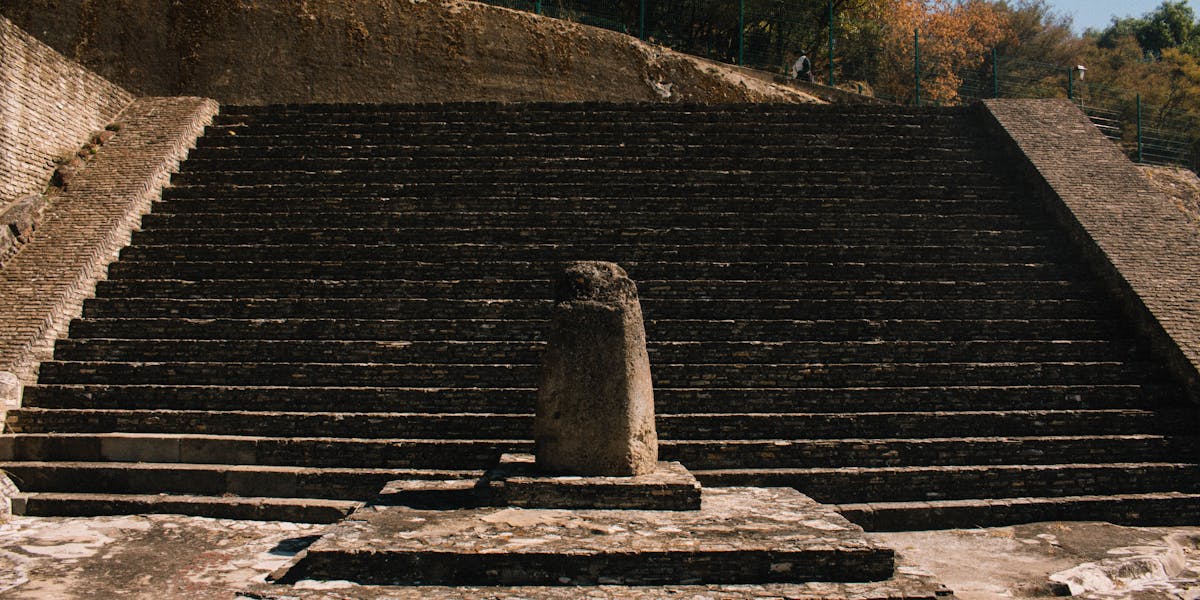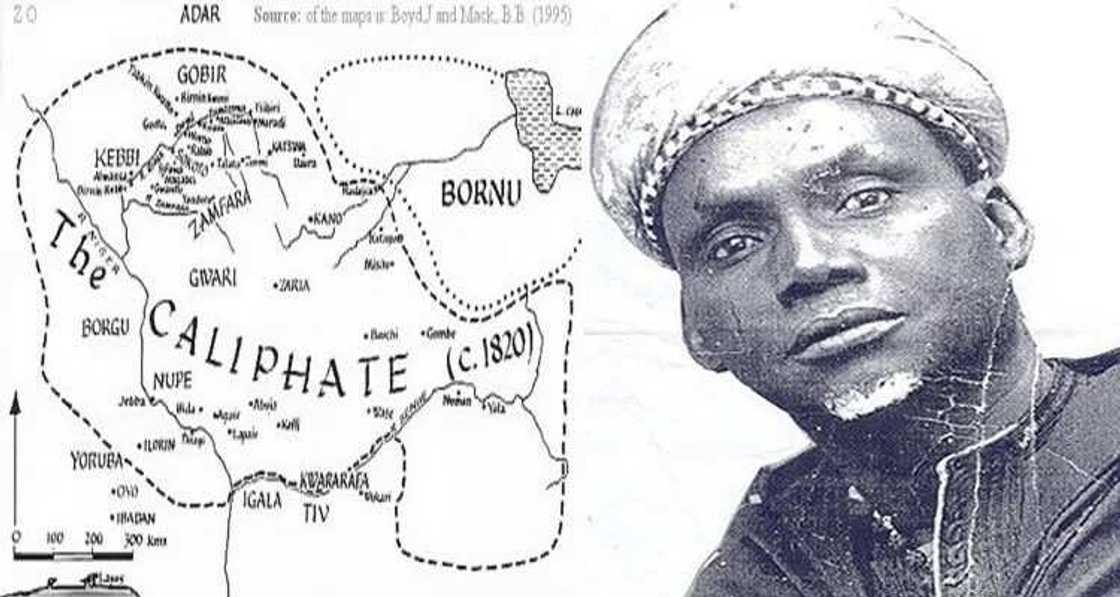
Exploring Pre-Colonial Nigeria: Societies, Culture, and Governance
The rich history of Nigeria predates colonial influence by centuries, marked by sophisticated societies, intricate political systems, thriving economic networks, and vibrant cultural practices. Pre-colonial Nigeria was a diverse region home to various kingdoms, empires, and ethnic groups, each contributing to a complex tapestry of life. This article explores the significant societies, traditions, and developments that shaped Nigeria’s pre-colonial era, focusing on key ethnic groups, cultural heritage, political structures, and economic practices.
The Major Kingdoms and Empires of Pre-Colonial Nigeria
Pre-colonial Nigeria was host to numerous kingdoms and empires, each with distinctive systems of governance and cultural life. Some of the most notable included:
The Nok Civilization (1000 BC – 300 AD)
The Nok civilization is one of the earliest known societies in Nigeria, famous for its advanced ironworking skills and terracotta sculptures. Located in central Nigeria, the Nok people demonstrated significant technological prowess, being among the earliest to practice iron smelting in Africa. Their artifacts, especially the lifelike terracotta statues, are regarded as some of the oldest in Sub-Saharan Africa, showing advanced skills in craftsmanship. The Nok civilization significantly influenced subsequent cultures in the region, and their contributions laid a foundation for later societies.
The Ife Kingdom (11th – 15th Century)
The Kingdom of Ife, located in present-day southwestern Nigeria, is often regarded as the spiritual and cultural heart of the Yoruba people. Ife was known for its artistic achievements, particularly in bronze and terracotta sculptures, which depict the human form with striking realism. The Ife kingdom was believed to be the site of human origin according to Yoruba mythology, and it played a central role in the development of Yoruba culture, influencing neighboring kingdoms such as Oyo and Benin.
The Oyo Empire (14th – 19th Century)
The Oyo Empire was a powerful Yoruba state that flourished due to its sophisticated military organization and economic prowess. Established in the 14th century, Oyo developed a highly structured political system and a powerful cavalry that enabled it to exert influence across a vast area of West Africa. The Oyo Mesi, a council of nobles, played a critical role in governance, balancing the powers of the Alaafin, or king. The empire controlled vital trade routes and grew wealthy through trade in kola nuts, ivory, and other commodities.
The Benin Kingdom (11th – 19th Century)
Renowned for its impressive art and governance, the Kingdom of Benin is one of the most celebrated kingdoms in pre-colonial Nigeria. Located in present-day Edo State, the kingdom was known for its elaborate brass sculptures and plaques, which documented its history and celebrated its rulers. The Benin Kingdom had an advanced administrative system, with a king (Oba) at its center, supported by a council of chiefs. Benin City, the capital, was one of the most advanced cities of its time, famed for its city walls, which were among the largest earthworks in the pre-mechanical age.
The Kanem-Bornu Empire (9th – 19th Century)
Spanning what is now northeastern Nigeria and beyond, the Kanem-Bornu Empire was a powerful state centered around Lake Chad. Known for its Islamic influence, Kanem-Bornu became a center of Islamic scholarship and trade, interacting with North African and Arabian traders. The empire thrived through trans-Saharan trade in salt, gold, and slaves, with its leaders adopting Islam as early as the 11th century. The Kanem-Bornu Empire maintained a formidable cavalry and an administrative structure that upheld its influence for nearly a millennium.
Political and Social Organization in Pre-Colonial Nigeria
The governance systems of pre-colonial Nigerian societies were as diverse as the societies themselves. While kingdoms like Benin and Oyo had centralized monarchies, other groups like the Igbo practiced a more decentralized, republican form of government.
Monarchical Governance: The Role of Kings and Chiefs
In kingdoms such as Benin, Oyo, and Ife, kings (often known as Obas or Alaafins) wielded considerable power, overseeing both administrative and religious duties. In many cases, these rulers were considered semi-divine, mediating between the spiritual and physical worlds. They were supported by councils of chiefs and elders, who provided advice and helped maintain order.
Decentralized Societies: Igbo and Tiv Political Structures
Unlike the centralized kingdoms, the Igbo people of southeastern Nigeria operated a more decentralized political structure, which has often been described as a “stateless society.” Instead of kings, the Igbo were governed by councils of elders, age-grade associations, and secret societies that maintained social order and made collective decisions. Similarly, the Tiv people in central Nigeria operated a clan-based system, with community leaders guiding affairs based on communal consensus rather than hierarchical rule.
Economic Life: Trade and Industry
Trade was a significant component of pre-colonial Nigerian society, with extensive trade networks connecting various regions. The trans-Saharan trade routes brought wealth and foreign influences, especially Islam, into northern Nigeria through empires like Kanem-Bornu. Goods traded included gold, salt, textiles, and later, slaves. Meanwhile, kingdoms in the south engaged in coastal trade with European traders, exchanging local products such as ivory, pepper, and palm oil.
Religion and Beliefs
Religion was central to life in pre-colonial Nigeria, with each ethnic group practicing its distinct spiritual beliefs. The Yoruba, for instance, worshipped a pantheon of deities (Orishas) associated with various aspects of life and nature. In the north, the spread of Islam through trade led to the integration of Islamic practices, especially among the Kanem-Bornu rulers and Hausa states. Traditional beliefs were interwoven with daily life, influencing art, politics, and social customs.
Art and Culture in Pre-Colonial Nigeria
Artistic expression was a fundamental part of pre-colonial Nigerian culture, with each kingdom and ethnic group developing unique artistic styles. The terracotta and bronze works from Ife and Benin are among the most renowned, showcasing a level of sophistication that continues to captivate historians and art enthusiasts. Masks, sculptures, textiles, and beadwork also played significant roles in cultural practices, often used in rituals, festivals, and ceremonies.
Legacy of Pre-Colonial Nigeria
The legacy of Nigeria’s pre-colonial societies is profound, influencing modern cultural and political identities. Contemporary Nigerian society draws from its historical roots, with traditional art, music, and religious practices continuing to hold cultural significance. Many Nigerian ethnic groups trace their heritage to these ancient kingdoms and empires, preserving customs, languages, and beliefs passed down through generations.
Conclusion
Pre-colonial Nigeria was a region of immense diversity and complexity, shaped by powerful kingdoms, rich cultures, and innovative political structures. The achievements of societies like the Nok, Ife, Oyo, Benin, and Kanem-Bornu remain a testament to the ingenuity and resilience of the Nigerian people. Understanding this history provides valuable insight into Nigeria’s present-day diversity and cultural richness, serving as a reminder of the region’s long-standing contributions to human civilization.



